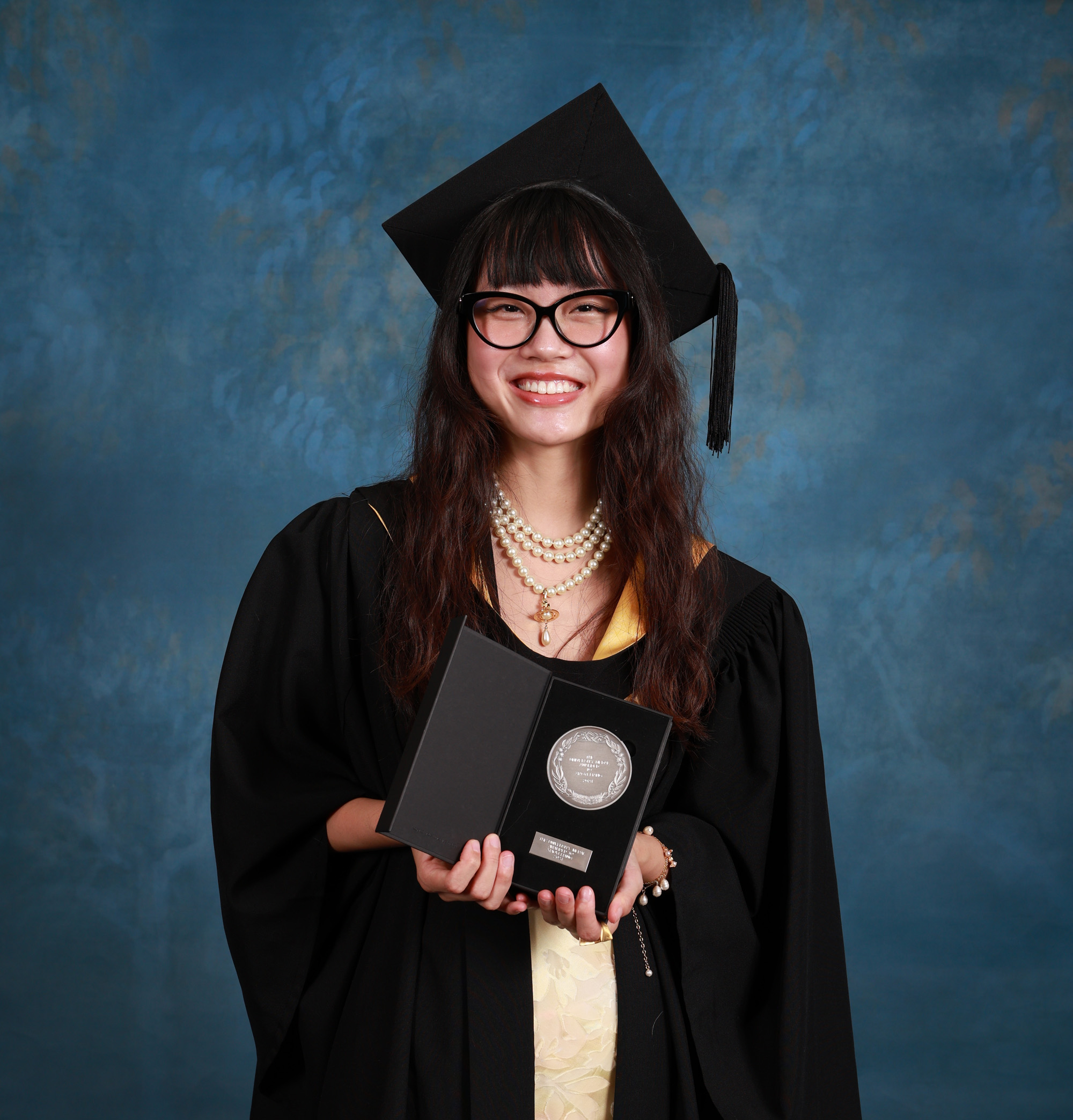
Anyone interested in crime thrillers knows the confounding moment when plot-altering information makes you question every conclusion you’d made up to that point.
Take for example, the figure of Hercule Poirot – the fictional detective created by author Agatha Christie – standing amidst a gathering of possible suspects as he reveals in his heavy Belgium accent the identity of the killer, someone completely unexpected, who sits amongst them.
What if this morbid scenario could be harnessed to measure how team dynamics are altered by the element of surprise?
This was the approach Cassandra Liang decided to take when she commenced her Honours year. Under the supervision of Associate Professor Guihyun Park, from The Australian National University (ANU) Research School of Management (RSM), she set out to investigate the impact of surprise on team decision making and information processing.
“I fell in love with the topic of organisational behaviours through Guihyun’s teaching, and worked on some research projects and conference publications, before taking the leap into Honours,” she says.
To effectively measure the impact of surprise on team dynamics, Cassandra used a murder-mystery framework designed in the 1980s, which she significantly altered to create a plot twist to evoke emotions from her subjects.
“Participants were invited to the experiment lab, where they were each given some materials about a fictional murder case to read. Participants were asked to discuss in a team and reach a consensus on the murderer. Then, we induced the surprise response by introducing the plot twist which could potentially change everything they’d discussed or suspected,” explains Cassandra.
To get the best possible results, she ran pilot studies to test if the plot twist would work, and how she could best phrase it to ensure that the control group remained unaffected, while eliciting a response from the test group.
“We received a lot of verbal feedback from participants about how surprised they were, and how this twist had completely changed their mind. It was great to see our manipulation actually worked,” says Cassandra.
“The emotion was mainly measured by self-report, and some of the observations we had also corroborated the findings in the literature about how people would behave when they are surprised.”
How does this help inform how we perceive emotions in the workplace?
Cassandra was intrigued by the results of her experiment.
“A lot of people might still hold the assumption that being emotional at work makes us irrational and therefore we end up making poor judgements – we wanted to demonstrate that this is not true, and that emotions could also have functional consequences.”
Cassandra believes that the study provides insight into the importance of managing emotions in the workplace, particularly where sudden changes often evoke emotional responses.
“We proposed a number of hypotheses around team surprise, team information processing, and team decision making. With all the drastic changes and uncertainties around us, I think our study has practical implications for how organisations could manage and treat emotions at work.”

The study culminated in Cassandra receiving her very own plot twist – First Class Honours and a University Medal in recognition of exceptional academic excellence. She has also received a University Research Scholarship and will commence her PhD this year.
“I have never pictured myself winning a medal or anything alike, so this is definitely a nice surprise!”
While proud of this recognition, she is determined not to let this success set any stressful expectations on her.
“Winning this medal is inspiring and I am very grateful. I view it as a prestigious add-on to my life, not something that defines me. Going forward, I will continue working on my research to the best of my ability,” she says.
For her PhD dissertation, Cassandra plans to explore other emotions and their impacts on workplace dynamics, under the continued supervision of Guihyun and RSM’s Dr Kimin Eom.
“Emotions and being emotional are an inevitable part of our lives, and I want to further explore how emotions could be functional at work, and how we can mitigate or manage those dysfunctional consequences.”
Professor Vinh Lu, Director of RSM, joins ANU College of Business and Economics (CBE) in congratulating Cassandra on her University Medal.
“Well done, Cassandra, on this marvellous accomplishment! I am very proud of you. I hope you will celebrate well, and I look forward to seeing your continued growth and success in your PhD and beyond.”
Cassandra expressed gratitude for those who have contributed to her academic journey so far.
“I’m grateful to my supervisor and the friendly CBE and RSM staff who offered enormous help during my studies, as well as my friends who supported my research in every way they could.”
The ANU College of Business and Economics offers an extensive range of specialised programs. Click here for more details.
